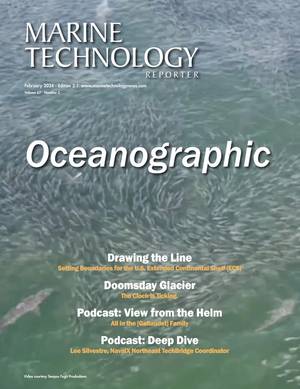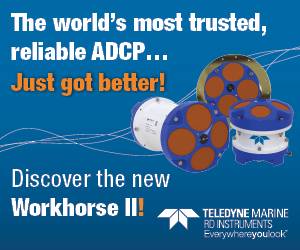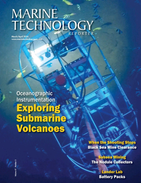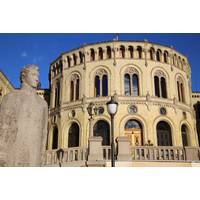
Norway Parliament Votes in favor of Seabed Mining
parliament on Tuesday voted in favor of allowing Arctic seabed mineral exploration, in line with a deal reached between the government and key opposition parties last month, overcoming objections from environmental campaigners.The decision comes as Norway hopes to become the first country to make deep-sea mining happen on a commercial scale and secure critical minerals and jobs despite concerns over the environmental impact and international calls for a moratorium.There is yet no set timeline for when exploration could begin, although the plan is to award companies exclusive rights to exploration and potential

Norwegian Parliament Strikes Deal to Advance Seabed Mining
Norway's minority government and two opposition parties have agreed to allow seabed mineral exploration in the Arctic region, they said on Tuesday, in a key step towards full-scale ocean mining.The deal comes as Norway hopes to become the first country to make deep-sea mining happen on a commercial scale and secure critical minerals and jobs despite concerns over the environmental impact and international calls for a moratorium.The amended version of the government's proposal, which parliament will formally debate on Jan. 4 followed by a vote, sets stricter environmental survey requirements
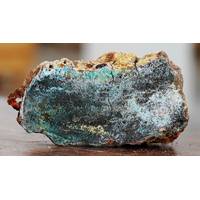
EXPLAINER-Why Does Norway Want to Mine the Seabed?
Norway may become the first country to start commercial deep sea mining, if parliament approves a government proposal to open an offshore area larger than the United Kingdom, despite international calls for a global moratorium. Parliament is set to discuss the government's bill this autumn.WHY DOES NORWAY WANT TO EXTRACT SEABED MINERALS?The government says deep sea mining could help Europe reduce its dependence on China for the supply of critical minerals needed to build electric vehicle batteries, wind turbines and solar panels.It's also a part of Norway's strategy to develop new maritime
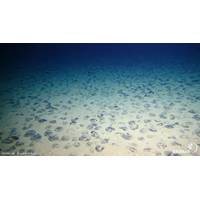
Norway Should Call Off Deep Sea Mining Plans, Key Ally Says
Norway's minority government should withdraw its proposal to open a vast Arctic offshore area to deep sea mining and call at least a ten-year moratorium on the activity, its key backer in parliament, said.Norway could become the first nation to make deep sea mining happen on a commercial scale if the country's parliament approves a plan to open ocean an area larger than the United Kingdom to the new industry. The mining could provide a source for such metals as copper and rare earth elements for the transition away from fossil fuels. The Labour-led government, which also includes the
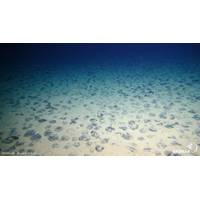
Deep-Sea Mining Threatens Biodiversity 25 Times More Than Land-Based Mining, Report Says
land-based mining, and fixing the damage would cost twice as much as extraction, a new report said on Thursday.A search for alternatives to fossil fuels has driven demand for materials that go into batteries, some of which can be found on the seabed where ecosystems have yet to be fully explored.Deep-sea mining would extract cobalt, copper, nickel, and manganese from potato-sized nodules which pepper the sea floor at depths of 4-6 kilometers. The nodules are an essential habitat for many species.The total biosphere impacted by this mining in international waters alone would be up to 75 million cubic kilometers
Transocean's Drillship to be Used for Deep-Sea Mineral Exploration
of deep seabed minerals, which may represent a better way of meeting future metal demand and expand diversity of supply. "Critical metals, such as nickel, cobalt, copper, and manganese – found in polymetallic nodules – are key ingredients for a low-carbon future. Deep-seabed mining certainly won’t replace land-based mining entirely, however, according to peer-reviewed scientific literature, these metals could be delivered with a 40% reduction of the carbon footprint, which is essential when combating climate change.” Luc Vandenbulcke, Chief Executive Officer
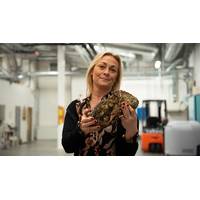
Norway Finds 'Substantial' Mineral Resources on Its Seabed
; amount of metals and minerals ranging from copper to rare earth metals on the seabed of its extended continental shelf, authorities said on Friday in their first official estimates. The Nordic country, a major oil and gas exporter, is considering whether to open its offshore areas to deep-sea mining, a process that requires parliament's approval and has sparked environmental concerns. "Of the metals found on the seabed in the study area, magnesium, niobium, cobalt, and rare earth minerals are found on the European Commission's list of critical minerals," the Norwegian
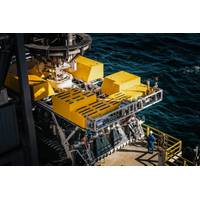
TMC's NORI, Allseas Lift 3,000t of Seabed Nodules from Pacific Ocean
have successfully conducted trials of prototype nodule collectors in recent years, the conclusion of NORI’s tests marks the first time an integrated nodule collection system — including a riser system — has been tested in the Clarion Clipperton Zone since the 1970s, when oil, gas, mining and industrial majors including Shell, BP, Rio Tinto (Kennecott), US Steel, INCO (Vale) and Sumitomo successfully conducted pilot test work, collecting ~2,000 tonnes of nodules," TMC said.In March 2022, NORI and Allseas agreed that the pilot nodule collection system would be upgraded by Allseas

Australian Mining Magnate Calls for Ban on Seabed Mining
studies, including flora, fauna, terrain and unintended consequence and the same or higher standards, as we do on land, then the seabed shouldn't be mined," Forrest said, speaking at a panel at the COP27 conference in Sharm el-Sheikh.Last week Germany said it backed a temporary ban on deep-sea mining to allow for further research, joining France, Spain, and New Zealand among countries opposed to the practice.Alternatives, such as more efficient mining methods and recycling of existing metals, should be explored before seabed mining goes ahead, Forrest said.Forrest, nicknamed "Twiggy"

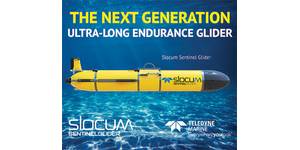
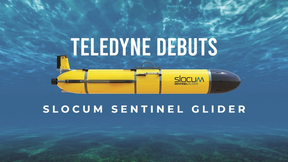
 February 2024
February 2024
